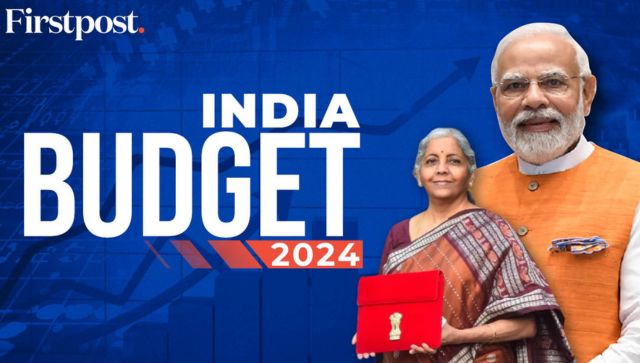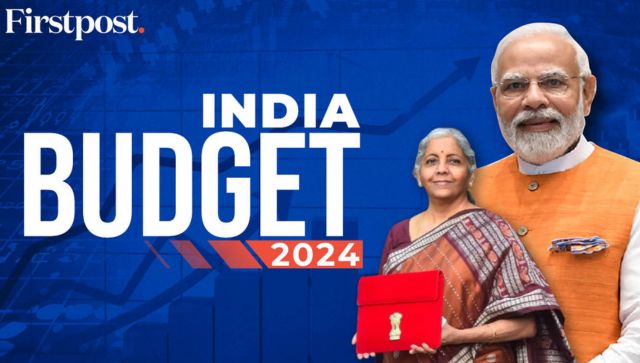Trai has issued recommendations to the DoT in building access to telecom infrastructure. The recommendations are the result of a consultation process , where Trai sought inputs from stakeholders on the regulations necessary for the set up of telecom infrastructure in large urban constructions such as housing complexes, stadiums, malls, hospitals and airports. Builders were not required to provide suitable infrastructure such as ducts, rooms and spaces for telecom infrastructure so far.
Telecom service providers would enter into agreements with builders, with exclusivity contracts that allowed the service providers to monopolise coverage in a particular space. At times, builders would also charge exorbitant prices from telecom service providers, increasing the cost for the end user, or prevent connectivity options from being available. Another problem addressed in the regulation is the need for sharing telecom infrastructure, as it would be inefficient and impossible for all service providers to set up their own infrastructure in each building.
The recommendations hopes to put an end to exploitative and anti-competitive practices by telecom service providers or builders. In large commercial and residential complexes, telecom service providers are now required to share infrastructure that has already been set up. The move increases competition in services available at airports, hotels, malls and multiplexes. Cables, ducts and in building solutions all need to be now shared.
Telecom service providers are no longer allowed to enter into any kind of exclusive contracts with builders. Telecom service providers will be violating their license agreement if they enter into formal or informal arrangements with builders for offering exclusive service in the building. There is a thirty-day response period for providing valid reasons for not allowing a competitor access to telecom infrastructure in a building.
The telecom service providers may enter into commercial agreements on the cost of sharing the infrastructure. The service providers can decide the terms and costs of the sharing of infrastructure, provided the agreements are drawn up in a fair, transparent and non discriminatory manner. Trai has requested DoT to take up the issue and formulate the new by laws required on the construction of new buildings to provide adequate facilities for the set up of telecom infrastructure.
Trai wants DoT to ensure that new projects including airports, malls, hotels, stadiums, hospitals, commercial and residential complexes have sufficient Common Telecom Infrastructure (CIT). Trai wants DoT to make telecom infrastructure and cabling a part of the National Building Code of India (NBC). Trai recommends that no new building plan should be approved without the provision of ducts for cables, and a telecom room within the building.
The recommendations are designed to make telecom services an integral part of planning new urban infrastructure projects, and will help accelerate the roll out of high speed internet services across the country. Telecom services alone cannot provide the necessary bandwidth required in densely packed urban areas, because of a scarcity of spectrum.
Trai’s recommendations on Public Wi-Fi hotspots are anticipated, after conclusion of the ongoing consultation process . The Public Wi-Fi consultation aims to make Wi-Fi hotspots as ubiquitous as PCOs once were in urban areas will also help increasing broadband availability in urban areas.


)




)
)
)
)
)
)
)
)